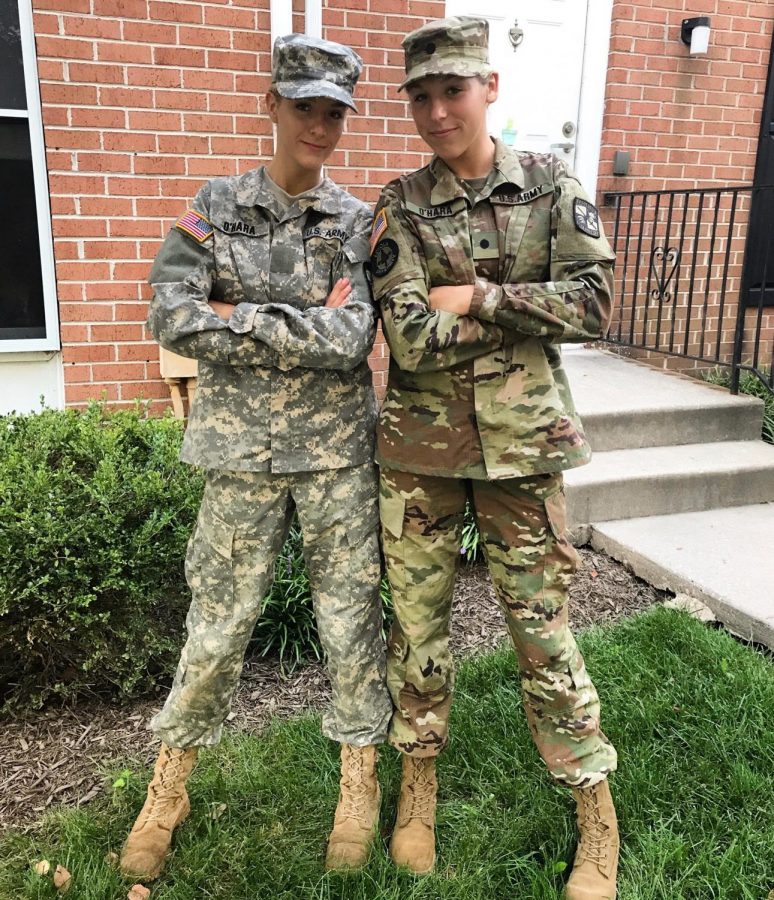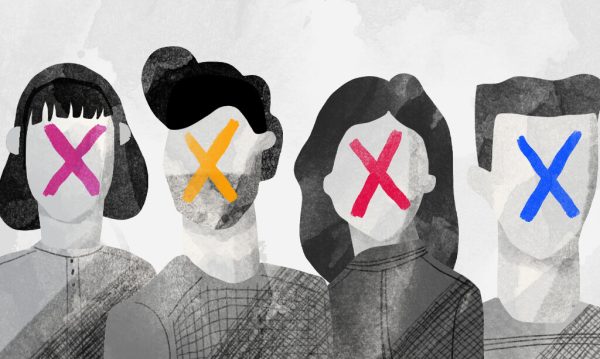WHS Should Implement a Junior ROTC Program
Reserve Officer Training Corps (ROTC), a military-based college program, trains students to become officers in different branches of the military including the Navy, the Air Force and the Army following their studies in college. While earning a college degree, students are exposed to military experience prior to enlisting, ensuring the required skills for a career in the Armed Forces. ROTC contributes lifestyle and educational benefits to students in the program and provides families with financial support through scholarships, depending on the student’s academic performance. Many high schools provide an introduction to college ROTC programs through junior ROTC. Based on the success of Walpole alumni in ROTC, Walpole High should implement a junior ROTC program for students interested in the U.S. Armed Forces, as participants could preview a military career prior to applying to college.
WHS alumnae Olivia O’Hara participated in Loyola University’s ROTC program in Maryland and recently graduated as a second Lieutenant in 2018. She is currently in the Corps of Engineering on active duty, training in Missouri for six months and will later be stationed in a different location. Chloe O’Hara, Olivia’s sister, is currently a sophomore participating in ROTC at Loyola University and plans to join the Medical Corps after she graduates. This May, Chloe will be heading to Argentina to represent the US Army and work with the Argentine Army to learn mountain warfare. Like her siblings, Walpole High School senior Gabby O’Hara was recently accepted and plans to enroll at Loyola University this fall and will join the ROTC program with her sister Chloe. Through Loyola’s program, the O’Haras have learned leadership development skills and gained military experience while simultaneously receiving a degree.
“This training definitely fostered mental and physical stamina, and I think helped shape our philosophy about leadership,” Chloe said. “As Army Officers, we will be able to not only use our academic achievements and physical strength, but at the same time we will be serving our country as leaders.”
About 50 public high schools in Massachusetts including Gloucester, Haverhill and Methuen have junior ROTC programs as classes within their school systems.
Unlike ROTC in college, high school students who enroll in the program are not authorized to enlist in the military. Through strengthening leadership and self-discipline skills, students in junior ROTC form a strong bond with one another.
“JROTC members are like a family. If you need anything they are the first to help, where other people would tell you to go away. It makes high school a better atmosphere than what it would be without the program,” said sophomore Chris Simonian, who participates in Methuen High School’s JROTC program.
In preparation for college, some high school students contemplate joining the service or attending a university with a ROTC program, where they can enlist following their education. College ROTC programs require cadets to enlist in the military for a minimum of four years after completing their studies; however, with a junior ROTC program, students are exposed to military experience without having the pressure of enlisting in the service. High school students can make informed decisions on whether or not they want to pursue a military career by experiencing the basis of an ROTC program.
Implementing a junior ROTC program at Walpole High School benefits students by not only teaching them leadership skills and responsibility, but also preparing them for their futures. They would have enough experience and information to make an informed decision on pursuing an ROTC program in college.

Callie Ross, class of 2019, is a third year opinion editor for The Rebellion. At Walpole High School she participates in best buddies. Outside of school,...











